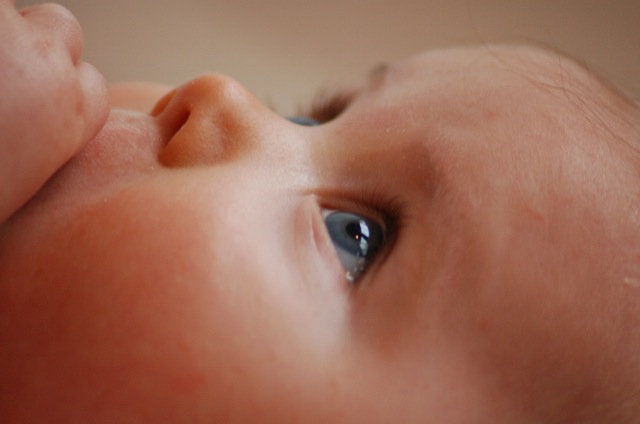Friday news roundup July 19, 2019

The United Nations Children’s Fund (UNICEF) released new recommendations on family-friendly policies, including paid parental leave, breastfeeding support, childcare, and child benefits. In its policy brief launched at the UN headquarters in New York on Friday, UNICEF urged businesses and governments to invest in families to reduce poverty and lay the foundation for children’s healthy development and adults’ success at work. The brief makes four recommendations: (i) “At least six months of paid leave for all parents combined, of which 18 weeks of paid leave should be reserved for mothers. Governments and businesses should strive for up to 12 months of combined paid leave”; (ii) “Regular lactation breaks during working hours to accommodate breastfeeding or the expression of breastmilk, and a supportive breastfeeding environment including adequate facilities enable mothers to continue exclusive or complementary breastfeeding after returning to work”; (iii) “Universal access to affordable, quality childcare from the end of parental leave until a child’s entry into the first grade of school, including before- and after-care for young children and pre-primary programmes”; (iv) “Expand coverage of cash benefits for all children, starting with the youngest children and working toward universal coverage. Child benefits should be part of all countries’ social protection system for young children.”
More than a quarter of UK parents are cutting back to support their children through university, according to new research. A YouGov poll has found parents are taking on second jobs and sacrificing holidays and home improvements to help cover their children’s university costs. Of the 800 parents surveyed, contributions averaged £360 a month. A Universities UK spokesperson said: “Institutions and government must be as transparent as possible when detailing the costs and benefits of attending university. While the costs of higher education have not deterred young people from attending, students are concerned about meeting their living costs while studying and this survey adds to existing evidence showing it is a bigger concern than the level of tuition fees for students.”
Bangladesh is preparing to move Rohingya refugees to an island at risk of flooding and cyclones. In a proposal that has concerned human rights groups and NGOs, the refugees who fled a military crackdown in neighboring Myanmar could be relocated to the silt island of Bhasan Char in the estuary of Bangladesh’s Meghna river, a three-hour boat ride from the mainland. The island only emerged over the last 20 years and is prone to severe flooding and cyclones. The Rohingya people are concerned for their safety and many say they will not go. Bangladesh’s foreign minister Shahriar Alam said “we firmly believe this is the only solution.” Alam added that he was not worried about flooding. “A category 10 cyclone will not just impact them [the refugees moved to the island], it will impact 20% of our population … We are vulnerable anyway, so they won’t be any more vulnerable.”